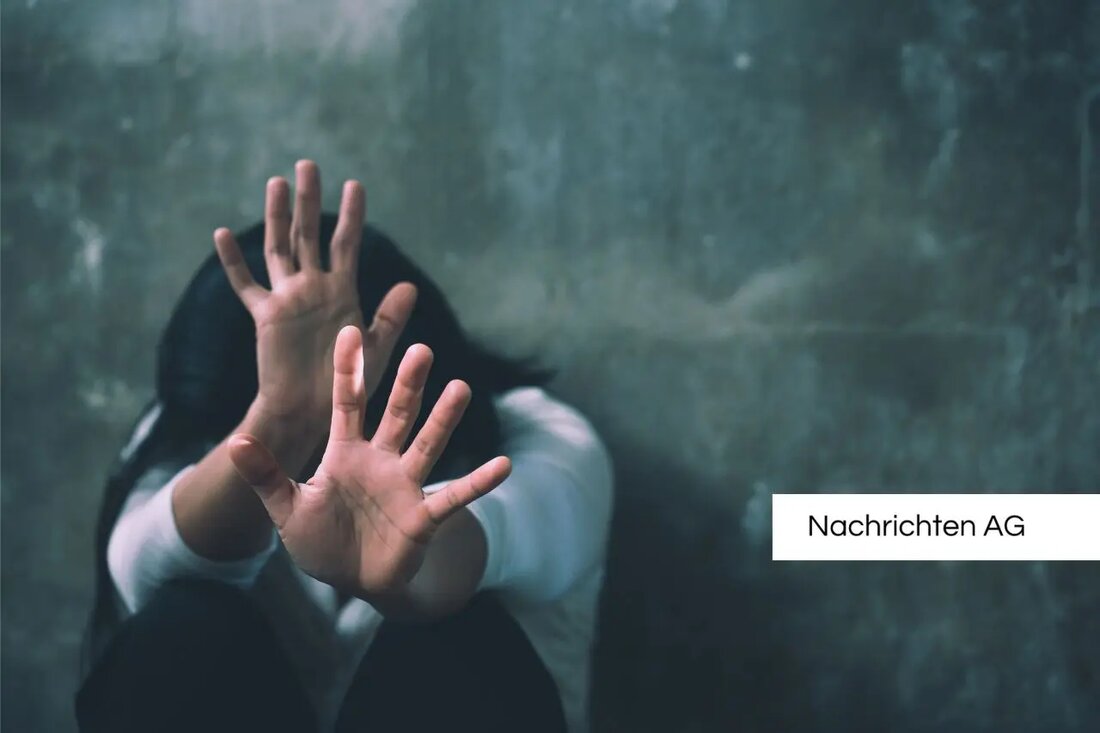SPD wants to increase security in NRW: 1,000 bright places against fear spaces!
SPD wants to increase security in NRW: 1,000 bright places against fear spaces!
The SPD in North Rhine-Westphalia is committed to a new program called "1,000 bright places", which aims to better shed light on dark and uncertain corners in cities. The background to this initiative is the concern to strengthen the feeling of security in particular from women. Dark paths, abandoned parking garages and underpasses, which are often perceived as "angle spaces", are particularly focus. These places are often associated with fears of harassment or physical violence, which primarily affect women* and girls*, such as studies, with 57.9 % of women to avoid dangerous places compared to 29 % of men* Urbane policy reported.
As part of the program, the SPD proposes the introduction of a digital "defect and anxiety alarm", which enables citizens to report determined defects such as defective lighting or vandalism online. The concept is similar to a model already introduced in Hesse. Over 8,100 reports were submitted there in the first year of the security portal, 4,900 of which were processed quickly. The information should then be forwarded to the responsible municipalities or the police, which should react as quickly as possible to ensure the safety of the citizens.
Statistical backgrounds and safety factors
A review of the crime statistics shows that the fear of crimes in Germany has fluctuated sharply in recent years. In 2021, fear of crimes ranks only to 20th place in the greatest concerns of the citizens, only 19 % of the respondents feared that they were victims of a crime. Personal crime fear is influenced by various factors, including age, gender and social origin Kompraev . Women often feel a greater need for security than men, which is, among other things, because 75 % of the suspects are male.
In addition to lighting technology measures, the SPD also calls for structural redesign of the fear dreams. A competition for municipal projects for the design of more secure public spaces could support this initiative. In addition to improving the lighting, other general measures, such as the pruning of trees, and purity in public space, are important to strengthen the feeling of security. In urban planning, the consideration of visual axes and safety -promoting structures is of central importance in order to avoid dangerous places.
long -term strategies for more security
The SPD thus sets a strong sign of the concerns of women* and other vulnerable groups, whose movement and freedom of choice in urban space is often restricted by fear. The feeling of security is a crucial aspect of gender -friendly urban development. Small changes, such as improving the lighting, can often contribute more effectively to increase the feeling of security as cost-intensive security measures Urbane-Politics .
summarized it is shown that a combination of technical education, structural measures and active citizen participation is necessary to noticeably reduce fears from crime and harassment and to create a feeling of security and freedom for all citizens. This is not just a goal for the SPD, but a social duty that should have an eye on the well -being of all people living in urban space.
| Details | |
|---|---|
| Quellen | |


Kommentare (0)